“Rice cooperation with Vietnam changes Cuba's land concession model” is the title of an article published by IPS news agency on June 18.
The article highlights the positive signals from this unique cooperation model, in the context of Cuba's efforts to improve food security.
According to a VNA reporter in Havana, in the above article by IPS - a news agency specializing in providing news on global development, environmental, economic and social issues from the perspective of developing countries - the Vietnamese private enterprise Agri VMA has rented 1,000 hectares of land in Los Palacios district, the westernmost province of Pinar del Río of Cuba, to grow rice for 3 years.
The first harvest in 2025 achieved an impressive yield of 7.2 tons/ha, much higher than the local average of 1.6 tons/ha. This success came from the synchronous application of Vietnamese technology, including hybrid rice varieties, fertilizers, pesticides and advanced farming techniques.
Notably, the project not only helps Cuba reduce rice imports but also creates an on-site value chain. All harvested rice will be sold to the Cuban government , instead of having to import from Vietnam, helping to save on transportation costs and reduce dependence on the international market.
IPS reporter quoted Mr. Ariel García, Director of Los Palacios Agricultural Company, affirming that the goal of the project is to replace imports, not to bring rice from Vietnam to Cuba. He shared: "Local production is much more efficient."
The cooperation project between Vietnamese enterprise Agri VMA and Cuba in Los Palacios does not stop at leasing land for rice cultivation, but also implements two other diversified business models, aiming at the long-term goal of comprehensive technology transfer to Cuba.
Under the agreement signed in February 2023 after a thorough feasibility assessment, Agri VMA has brought new life to Los Palacios - a land that has been infertile due to continuous farming.
Agri VMA has transported the entire agricultural materials system from high quality hybrid rice seeds, fertilizers, pesticides to modern machinery and a team of experienced technicians from Vietnam.
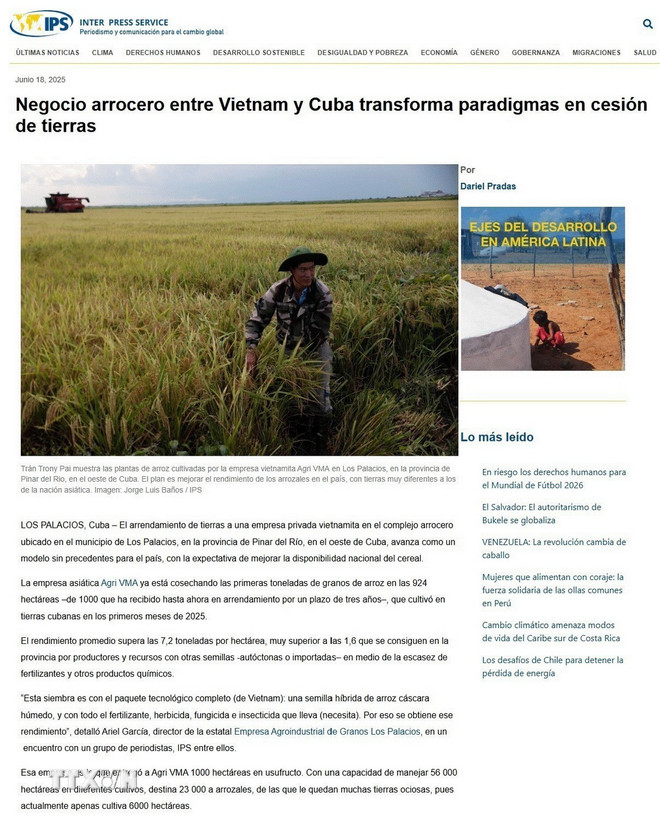
Vietnamese agricultural engineer Tran Trong Dai shared that despite favorable climate and soil conditions, the biggest challenges are the logistics system and local fertilizer supply, issues that the two sides are actively working together to solve.
Before expanding the scale to 1,000 hectares as present, Vietnamese enterprises successfully piloted on 16 hectares with a yield of 6.5 tons/hectare even in the off-season.
According to calculations, if production efficiency is maintained, the cultivated area can be expanded to 5,000 hectares in the near future. This is a good sign for Cuba when domestic rice output in 2024 only reached 80,000 tons, meeting about 11% of domestic consumption demand.
The cooperation model is designed in a diverse way with three main forms. The first is the form of land lease with 100% investment capital from Vietnam, Cuba benefits from land rent and ancillary services.
The second is a 50-50 profit-sharing joint venture model, which will help Cuba participate more deeply in the value chain. The third is the form of supplying high-quality agricultural materials, which will start from January 2025 through the distribution system of EMSA Corporation.
The article also acknowledged the practical contributions of Agri VMA in technology transfer, human resource training and restoration of local agricultural infrastructure.
Thanks to the project, the Camilo Cienfuegos drying and milling plant, which was severely damaged by Hurricane Ian in 2022, was put back into operation, creating jobs for dozens of Cuban workers with wages many times higher than the average income.
Analysts highly appreciate the breakthrough of this cooperation model, considering it a strategic solution to help Cuba gradually reduce its dependence on food imports in the context of the embargo.
With an estimated production cost of 565 USD/ton compared to expensive and risky import costs, developing high-tech agricultural projects with reputable partners like Vietnam is opening up new prospects for Cuba's agricultural sector.
The initial success of Agri VMA not only affirms the position of Vietnamese agriculture but also demonstrates the effectiveness of the South-South cooperation model based on the spirit of mutual benefit and sustainable development./.
Source: https://www.vietnamplus.vn/truyen-thong-quoc-te-nhan-manh-mo-hinh-hop-tac-doc-dao-viet-nam-cuba-ve-lua-gao-post1045106.vnp


![[Photo] Closing ceremony of the 18th Congress of Hanoi Party Committee](https://vphoto.vietnam.vn/thumb/1200x675/vietnam/resource/IMAGE/2025/10/17/1760704850107_ndo_br_1-jpg.webp)





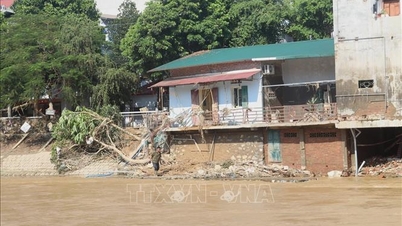

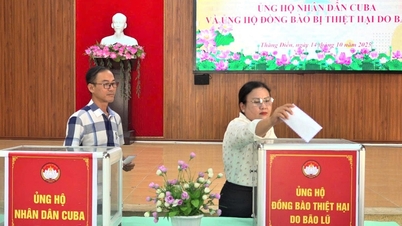



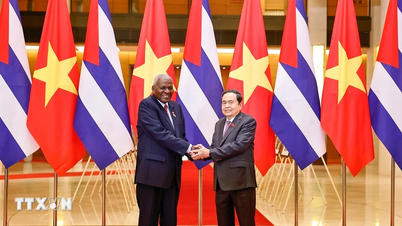
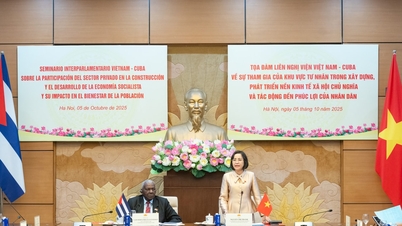

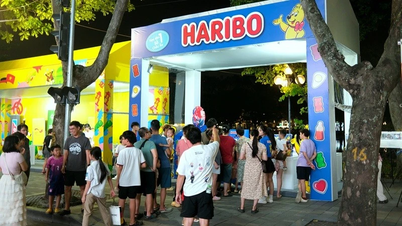

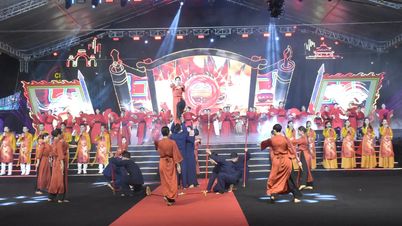

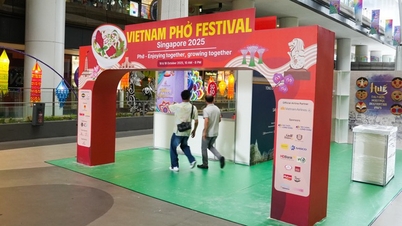

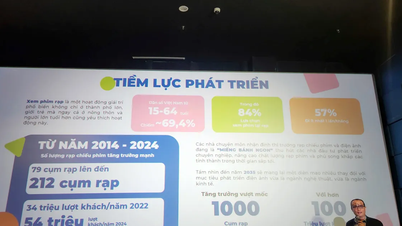






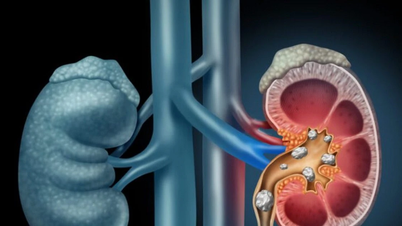
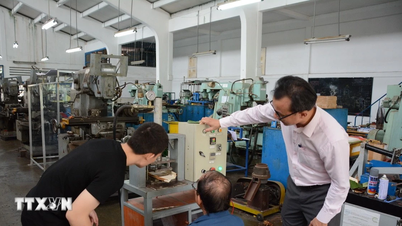
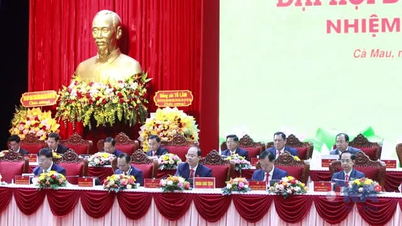
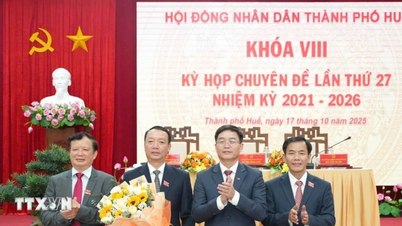
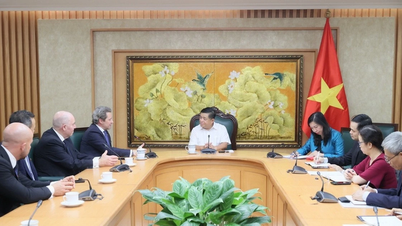

![[Photo] Nhan Dan Newspaper launches “Fatherland in the Heart: The Concert Film”](https://vphoto.vietnam.vn/thumb/1200x675/vietnam/resource/IMAGE/2025/10/16/1760622132545_thiet-ke-chua-co-ten-36-png.webp)


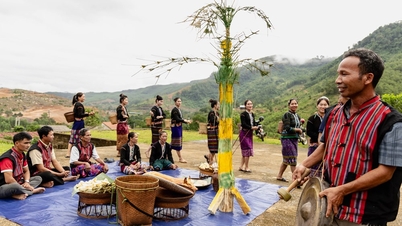



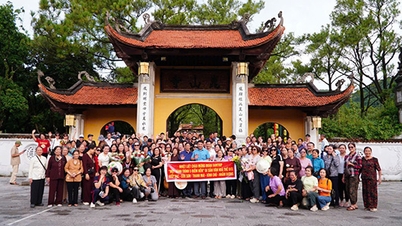











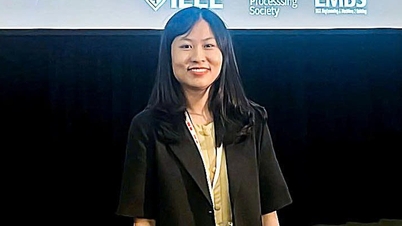





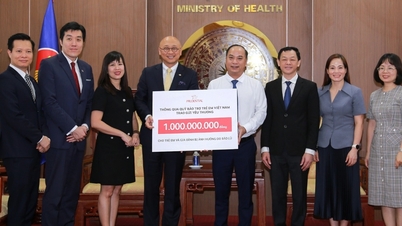
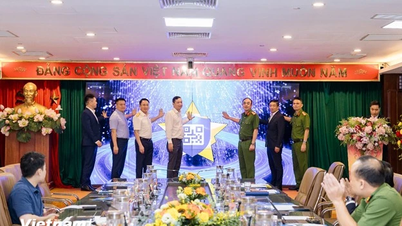
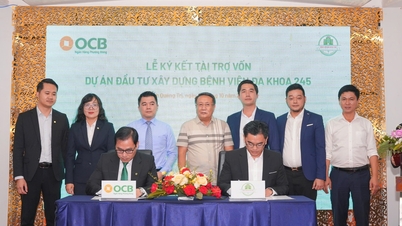







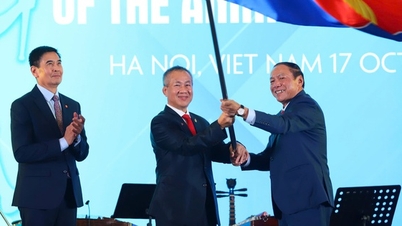




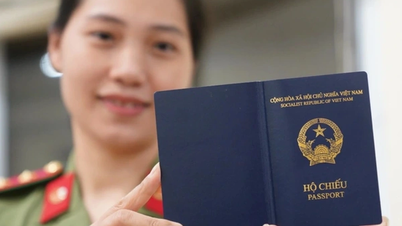
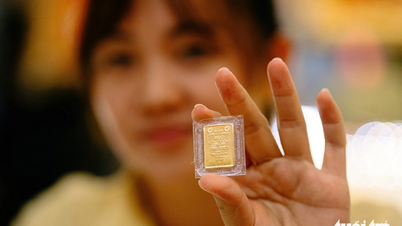
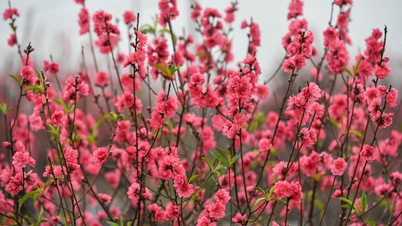

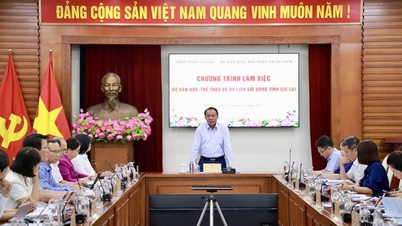
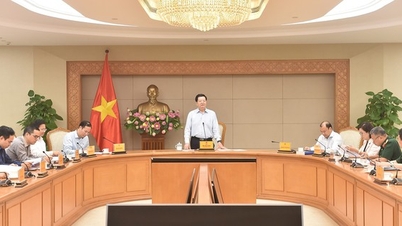
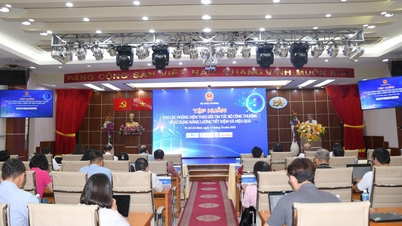

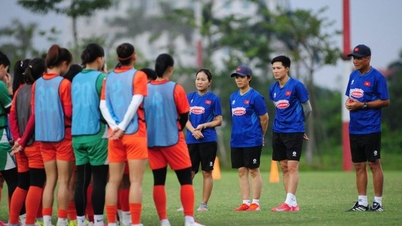
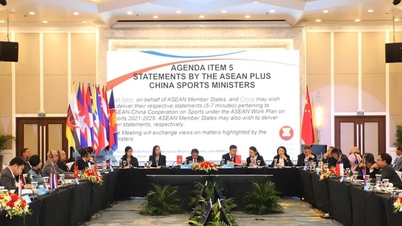
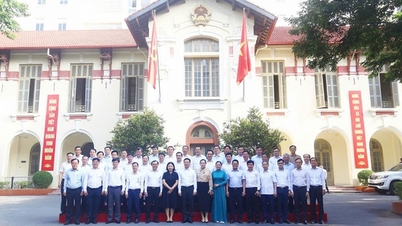

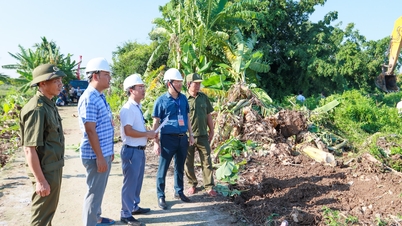

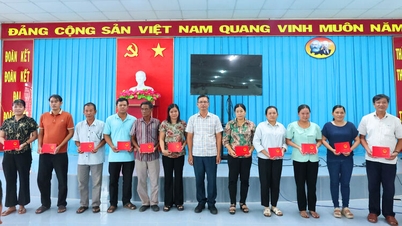

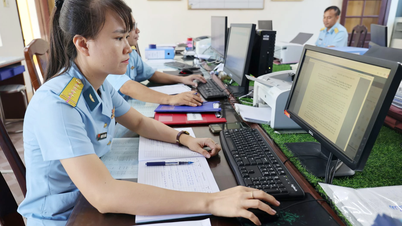

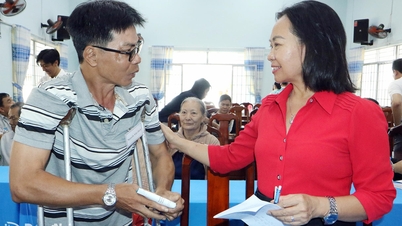


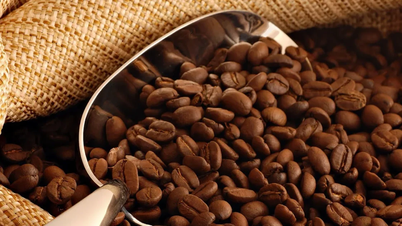
















Comment (0)